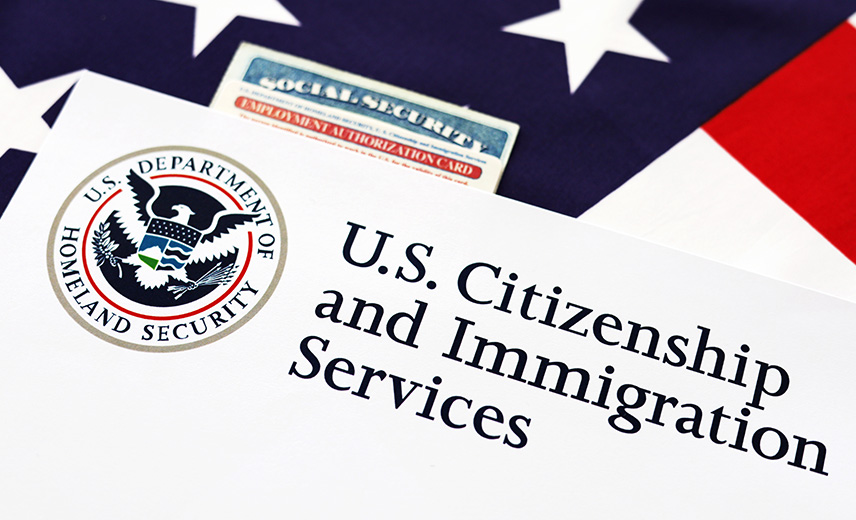Is it Time for the Media to Stop Using “Illegal?”
By Ricky Garza, Communications Department, NCLR
In the ongoing debate over immigration reform, the topic seems to finally have shifted to the people affected themselves—the over 12 million undocumented people living in the U.S. without papers, their children, and their family and friends.
When I first arrived at Georgetown University four years ago, I was struck by the nonchalant way some of my new peers in Washington referred to the “illegals” crossing the border and to our “immigration problem.” It was jarring given where I had come from: the majority Hispanic Rio Grande Valley in Texas. For most of my life, a variety of immigration statuses among neighbors and friends was an accepted fact of life, and an unfortunate side-effect of a patchwork immigration policy applied in one of the most heavily Hispanic regions of the United States.
Keep up with the latest from UnidosUS
Sign up for the weekly UnidosUS Action Network newsletter delivered every Thursday.
Some people were citizens, others legal residents, and others went without papers or even driver’s licenses, although those facts were hardly advertised. To ask or assume whether someone was in the country legally—and skin color definitely isn’t a factor in McAllen, Texas which is 85% Latino—was impolite at best and downright discriminatory at worst.
Our identities were not defined by a “legal” or “illegal” status worn on our sleeves. My friends in high school worried about grades, joined clubs, and applied to colleges for the most part not concerned about who was or wasn’t undocumented, or if that friend who spoke Spanish more than English was really “American enough.” My whole life was lived not imagining this could be the most important aspect about someone. But traveling outside of my hometown and listening to the national news, I found a very different story—widespread talk of “illegal immigrants” overrunning our country and taking our jobs. In that climate, one might never have guessed that the daily life I experienced in McAllen could be possible.
News outlets like the New York Times and the Associated Press often use the term “illegal immigrant” as a concise way of signifying a person who entered the country without permission. But how can a person be illegal? Adding the “illegal” adjective to a noun representing a person makes the person himself, rather than any act he committed, illegitimate.
Those who support using “illegal” often say, “They committed a crime, so they are illegal,” but this is a highly dubious and inaccurate assertion. Entering the United States without authorization is a civil offense, not a criminal one. Does committing another civil offense like getting a speeding ticket once, perhaps even decades ago, make you an “illegal driver” for life? No—but our continued use of this term to characterize those who committed the civil offense of entering the country without documentation betrays a deep prejudice and skepticism about the legitimacy of America’s largest minority group.
The use of the term “illegal” is more than an issue of semantics; it is about offense and dehumanization. Describing undocumented Americans this way shifts the focus to the circumstances of their national entry and rejects the totality of their varied identities and personhood. Parents, students, and college graduates are suddenly reduced to an act that they may not even remember committing.
Ending the use of these words in the media won’t by itself create immigration reform or quickly improve the lives of those affected, but it can provide for a much-needed change in the conversation where empathy for the real people concerned is felt by Georgetown students and Texas border residents alike. Acknowledging this and the offense the phrase “illegal immigrant” creates in the Hispanic community, the San Antonio Express-News, Huffington Post, ABC, and NBC have all agreed to end their use of the term.
For the sake of accuracy and respect for the 50 million Hispanic Americans in the United States today, it’s time for the rest of the media to follow suit.
Ricky Garza is an intern with the NCLR Communications Department. He is currently a senior at Georgetown University majoring in International Relations.


